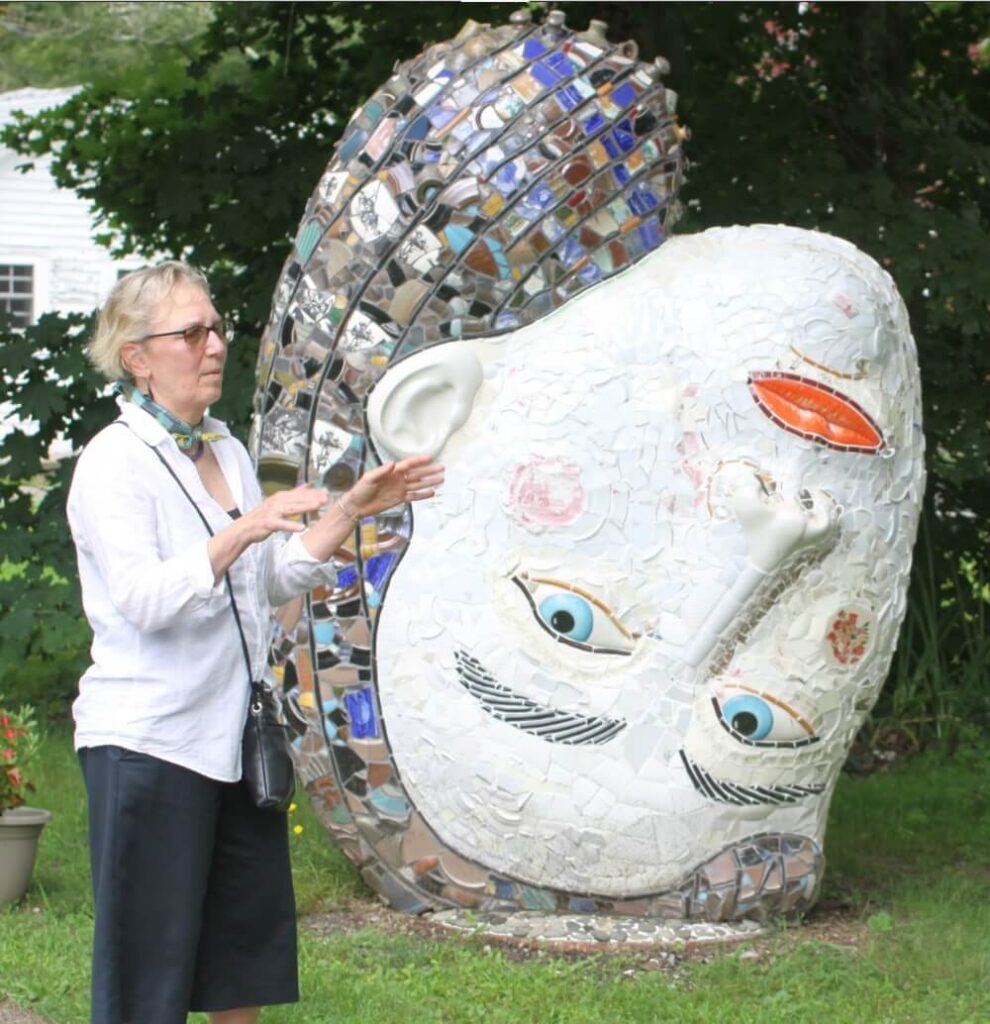Who we are
Mass Humanities brings people together to embrace different perspectives, inspire civic engagement, spark conversation and build community.
What are
the humanities
The humanities are the lessons provided by our ancestors and the messages we pass on to future generations. The humanities are the ways we communicate our hopes and fears to our fellow human beings. History, literature and philosophy help us respond to essential questions: What is the right thing to do? What do I owe to my family, my community, my country? When we come together to address these questions, to learn and share our stories, we practice the public humanities.
We believe the humanities are the key to a democracy where everyone values cultural knowledge, civil discourse, and diverse perspectives. Over the past five decades, Mass Humanities has helped thousands of people realize this potential and improve society through grants, programs and public events.
OUR MISSION
We create opportunities for the people of Massachusetts to transform their lives and build a more equitable Commonwealth through the humanities.
AT OUR CORE
WE BELIEVE the humanities illuminate our deepest concerns and reflect our aspirations
Celebrating 50 years
Executive Director Brian Boyles previews the year of special programming and initiatives underway to commemorate five decades of Mass Humanities.
The work starts
with us
We believe a more inclusive society that embraces diverse voices and different perspectives is possible. And that work starts right here. At Mass Humanities, we are committed to championing inclusion, opportunity, equitable access and diverse representation both internally and in Massachusetts.
InCLusion
We value many voices in our decision-making processes, operations, evaluation and programs. We live this value by constantly striving for transparency, full participation, meaningful reflection and addressing past practices of exclusion in our organization that may have served as barriers to diversity, equity, inclusion and accessibility.
Creating Opportunities
We value opportunities for connection where we learn, experience, and share in the richness of the Commonwealth. We live this value by continuing to fund and run programs in historically excluded communities in Massachusetts, engaging in challenging dialogues internally and externally. We develop strategies to strengthen our relationships with community members.
Equitable Access
We value systems and structures that create equitable access to opportunities connected to the humanities. We live this value by addressing existing barriers to funding, programs and experiences that have excluded specific communities. We provide mentoring, support and proactive outreach to reduce the perpetuation of these barriers to diversity, equity, inclusion and accessibility.
Diverse Representation
We value the strength of multiple perspectives to tell a more complete story of the Commonwealth. We live by this value by ensuring that our programs support a range of diverse voices and experiences. Our internal processes recognize and value the unique contributions of diverse staff and board members. Our work is driven by a commitment to ethically amplify narratives that have been historically erased or minimized in the humanities.
Building a better Massachusetts
As we approach our 50th anniversary in 2024, we’re excited to share our strategic plan, which establishes our organization’s values and goals which center around equity, civic engagement and digital capacity. This is a pivotal point in the evolution of our democracy and we believe the humanities can lay a strong foundation for a better future.
Creating change
through grantmaking
2023
$
0
M+
in grants awarded
0
CLEMENTE STUDENTS
0
READING FREDERICK DOUGLASS TOGETHER COMMUNITIES
0
ORGANIZATIONS SUPPORTED
Our history
As the state affiliate of the National Endowment for the Humanities (NEH) since 1974, we have partnered with local non-profit organizations to bring history, philosophy, and literature into the everyday lives of people in communities across the Commonwealth. From Adams to Provincetown, Springfield to Boston and everywhere in between, we help people celebrate their stories, reflect on issues in their neighborhoods, and imagine the future for themselves and their families.

Meet the
people behind
the mission
We are a team of storytellers, thinkers, neighbors, catalysts, advocates and conveners all united in the belief that the humanities can help us build a better Massachusetts.
Let’s do more good work together
The work we do wouldn’t be possible without the generous support of donors like you. Make a donation today and help build a better Massachusetts.
stay
connected
Sign up for our newsletter and never miss an opportunity to connect, learn and share within the humanities.

